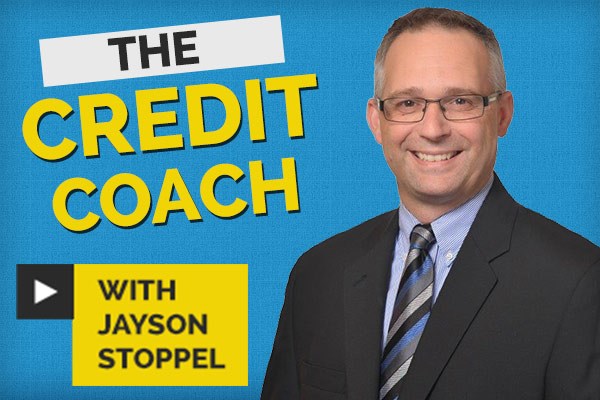As the calendar turns from the winter months to spring I am reminded of the fact that another class of post-secondary students will be graduating soon. I still remember exiting university and looking forward to starting my career as an accountant with BDO Canada. I was fortunate. I was one of the lucky graduates that was able to start a career right away in my chosen field of study. I was also fortunate that full-time summer employment and a cozy (rent-free) spot in my parents’ basement during my studies meant that I exited post-secondary studies with a relatively small amount of student loan debt, and no credit card debt of any kind.
Having worked with individuals and families on their budgets and debt issues for over fifteen years, I am often reminded that many students leaving college or university aren’t as fortunate as me. Issues such as underemployment, unemployment or an inability to complete one’s courses due to a life changing event (family trouble, pregnancy, mental health issues) can rear up and force students into a situation where they need to access a personal bankruptcy or a consumer proposal to deal with debts.
Earlier Credit Coach Blogs have touched on these debt management processes in general high-level terms. Today’s blog will answer the question: “Can my student loans be discharged (or included) if I file for bankruptcy or complete a consumer proposal?”
Generally speaking an individual files a consumer proposal or a bankruptcy to seek protection from their creditors. The Bankruptcy and Insolvency Act governs the process that you will follow as you work towards a discharge from your obligations. When you are discharged from a bankruptcy or when you receive a Certificate of Full Performance at the completion of a consumer proposal you have a fresh start — clear of almost all claims that are provable against you.
However, the Bankruptcy and Insolvency Act, does include a list of debts that cannot be discharged by filing a bankruptcy — or included in a consumer proposal. These debts are commonly referred to as Section 178 debts, and include fines, penalties, or restitution orders imposed by a court in respect of an offence. The list also included certain liabilities arising from damages awarded against you in civil proceedings for bodily harm done and arrears of spousal or child support.
There are also certain provisions in Section 178 that affect the ability to seek a discharge from student loan debts. These include debt incurred under the Canada Student Loans Act, the Canada Student Financial Assistance Act or any enactment of a province that provides for loans or guarantees of loans to students.
The general test of whether or not student loans can be discharged with your bankruptcy is simply time elapsed since you left school. If your date of last full-time study (generally your graduation) was seven years or more prior to the filing of a bankruptcy then your student loan debts can be included in your bankruptcy and you will be able to seek a discharge from those obligations. If your student loan debt is from studies ending less than seven years prior to your bankruptcy but greater than five year prior to your bankruptcy then your discharge from bankruptcy does not include your student loan debt, however you can apply to the court for the non-application of S. 178 and seek a discharge from those student loan debts. You must be able to prove to the court that you acted in good faith with respect to the liability — and you will continue to experience financial difficulty to such an extent that you cannot pay. Unfortunately, this application to the court is generally made separate from your bankruptcy discharge and requires either an extra expense for legal assistance or some study and effort on your part.
Unfortunately for many students, loans that are less than five years of age from the date of study to the date of bankruptcy are not dischargeable and you will, after you complete your bankruptcy or proposal, have to deal with those debts.
Jayson Stoppel is a Licensed Insolvency Trustee and Chartered Accountant with BDO First Call Debt Solutions. With over 15 years in practice, Jayson assists individuals, families and companies with financial difficulties in Thunder Bay and throughout Northwest Ontario. To reach Jayson by email: [email protected]

